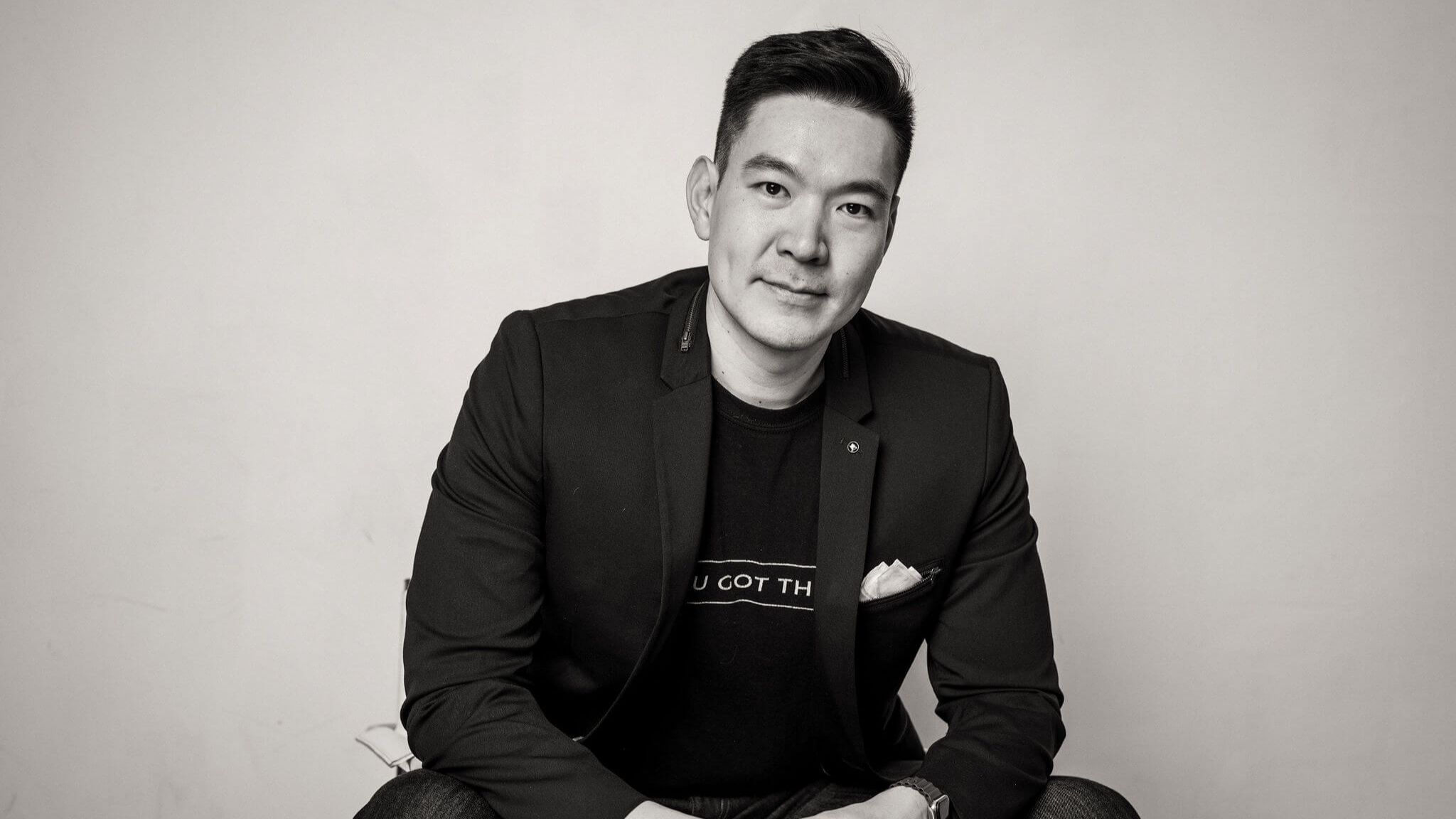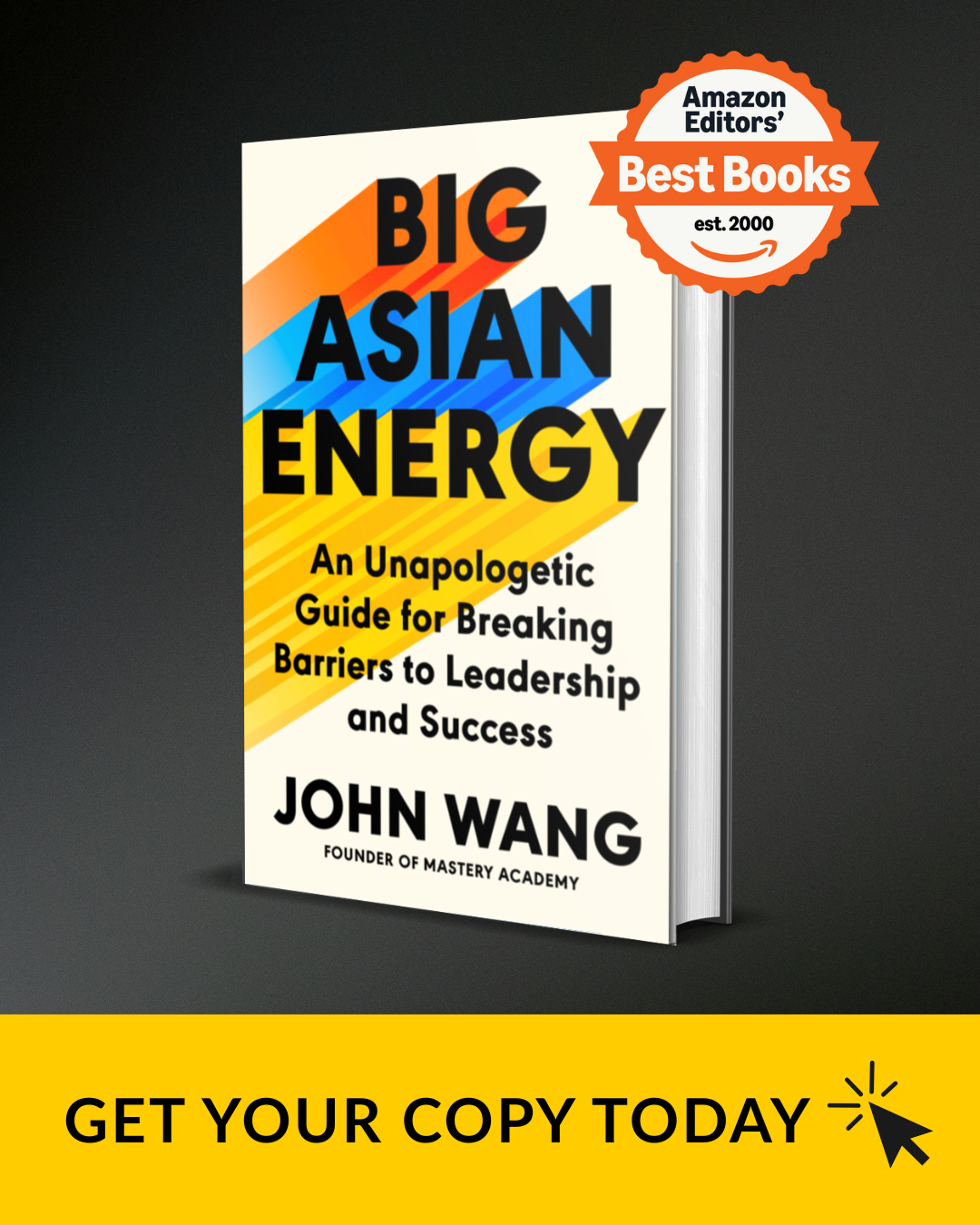Why Asian Confidence Looks Different (And Why That’s a Strength)

The Problem With How We Define Confidence
Why is Asian confidence so often misunderstood?
You’re competent, hardworking, and strategic. But somehow, in meetings or social settings, you’re labeled as “ quiet.” You’re told to speak up more—even when what you say is just as valuable as those who dominate the conversation.
Here’s the thing: Asian confidence isn’t missing. It just looks different.
Western and individualist culture often equates confidence with outspokenness and self-promotion. But in many Asian cultures, confidence is humble, deliberate, and rooted in action over words. The problem isn’t that we lack capability—it’s that the Western world doesn’t always recognize it.
So how do we own our confidence without forcing ourselves into an individualist mold? And how do we make our strengths more visible—without feeling fake or performative?
Let’s break it down.
(Disclaimer: By the way, it’s important to recognize that Asians aren’t a monolith, so really what I mean when I say “Asian” is more about those of us who grew up in collectivist cultural environments.)
Western Confidence vs. Asian Confidence: Two Different Games
From a young age, Western children are encouraged to “speak up,” “be bold,” and focus more on their individualism But in many Asian households, confidence is expressed through humility, discipline, and mastery.
Think about the heroes in American movies and TV shows: Tony Stark, Indiana Jones, Captain Kirk. Swaggering, brash, fearless. Now compare that to the protagonists in Asian cinema: Bruce Lee, Ip Man, Michelle Yeoh’s characters. They’re more humble, deliberate, and only making their presence known when necessary.
Confidence isn’t about being the loudest voice in the room—it’s about knowing when to speak and making it count. And yet, in a workplace that rewards those who "command attention," this strength is often misread as passivity.
The “Too Quiet” Myth (And Why It’s Holding Us Back)
Let’s bust a myth: Being quiet doesn’t mean you lack capability.
Research shows that Asian professionals are consistently rated as highly competent—but a study conducted by AAIM reveals that we are often seen as “good workers, not good leaders” . This lands us in an awkward space: respected for our skills, but overlooked for leadership.
So what’s the fix? Do we just become louder?
Not exactly.
How to Own Asian Confidence Without Losing Yourself
Instead of forcing ourselves into a Western mold, we need to leverage the strengths of Asian confidence while making it visible.
1. Let Actions Speak—Then Share the Evidence
Instead of seeing self-promotion as about “selling yourself”, focus on sharing the facts. Collect examples of your accomplishments and list down specific outcomes. This way, you’re not being conceited, you’re just showing your work.
Then, when the opportunity comes, list them out in a calm and neutral way:
- “I led this project and increased efficiency by 20%.”
- “I presented this strategy that landed us our biggest client.”
It’s not bragging—it’s stating facts.
2. Use Strategic Pauses to Command Attention
Do you ever get stuck on what to say, and end up finding yourself rambling on, only to lose the attention of your listeners? When we’re nervous, we often try to overcompensate by speaking quicker and delivering more information. This often comes from things like answering questions too quickly, and then trying to over-explain.
Instead try this:
- Pause for a moment before each thought.
- Deliver your MAIN POINT FIRST (this is called BLUF or “Bottom Line Up Front”).
- Pause briefly, then explain your thought process or reasoning after.
This will increase the overall energy of gravitas and weight that people will feel.
3. Use the PEARL Method
An effective way to talk about your accomplishments is simply telling it as a story. We respond far better to stories than achievements, because we can see the journey underneath.
When I’m telling a story, I like to use the PEARL method:
- PROBLEM - What challenges were you facing? Maybe it’s that you were dealing with a client who was being difficult.
- ESCALTION - Explain the stakes– why does this matter? Maybe this meant that your team would end up missing your quarterly results. Or perhaps it meant that it jeopardized the company’s reputation. Knowing why something matters is important to engage your listeners.
- ACTION - What did you do? Even if the whole team was involved, what was your role in it and how did you help, specifically?
- RESULT - What was the outcome? What were the specific wins you gained?
- LEARNING - This is the magic sauce. We don’t just want war stories, we want to know how to implement lessons learned moving forward. What were your takeaways and how are you now a better leader, after having gone through it?
Asian Confidence Isn’t Broken—It’s Just Misunderstood
The problem isn’t that Asian professionals lack confidence. It’s that Western frameworks don’t recognize the power of quiet authority.
It’s time we stop seeing this as a weakness. It’s our biggest strength.
If this resonates with you, my book Big Asian Energy dives even deeper into how cultural patterns shape our confidence, careers, and relationships—and how to break through the barriers holding us back. Grab your copy [here] and start owning your power today.
WANT BIG ASIAN UPDATES?
Join our mailing list to receive the latest blogs, podcasts, and special offers sent straight to your inbox.
We hate SPAM. We will never sell your information, for any reason.



